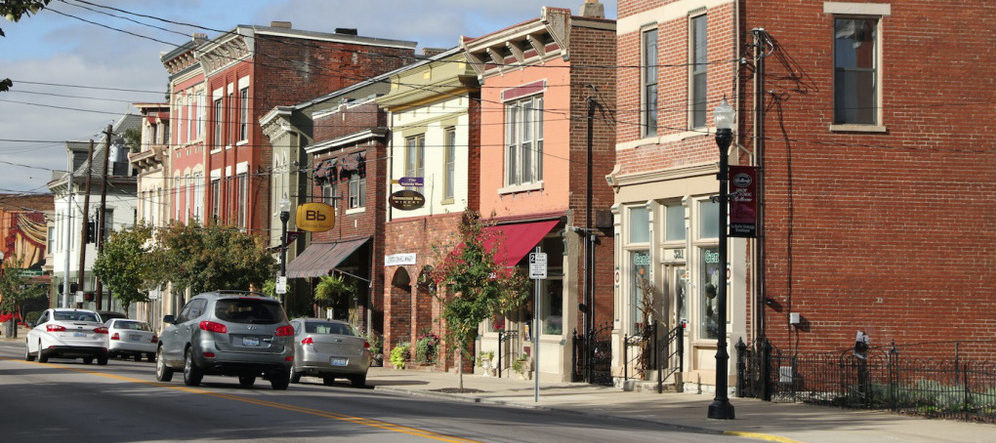Episodes
Monday Nov 27, 2023
Where Is Sprawl Good? (Featuring Joe Minicozzi)
Monday Nov 27, 2023
Monday Nov 27, 2023
At Strong Towns, we try to avoid using the word “sprawl” as a shorthand term in our content—and we’d even go so far as to say that sprawl isn’t the problem we’re trying to solve in our communities. All that said, are there any instances where sprawl is actually good? Hear Strong Towns President Chuck Marohn discuss this with Joe Minicozzi, principal of Urban3.
ADDITIONAL SHOW NOTES
-
“Sprawl Is Not the Problem,” by Chuck Marohn, Strong Towns (April 2016).
Version: 20241125

1 years ago
Sprawl is the problem — unproductive development that degrades cities and towns is a big problem, and sprawl is how we do that in the US.
1 years ago
It’s fine if you want to be politically correct and avoid using a loaded word because you are afraid of being tarred with the brush of being one of “them” but a convincing case that “Sprawl is not the problem” would be much easier to make if it wasn’t such nonsense. All you would have to do is show a bunch of sprawling communities that are Strong Towns — towns with robust finances, able to maintain what they built for the indefinite future without dependency on money from outside.
1 years ago
People keep thinking Strong Towns must be against sprawl because everything ST is for, sprawl degrades.
1 years ago
5) Sprawl weakens communities as there is a direct correlation between time spent in cars and weaker community ties and a weakened public sphere.
1 years ago
3) Sprawl is a public health calamity, which is further degrading to both public and private finances; more driving equals worse public health plus violent deaths in roadways, plus wider roads and faster roads (trying to maintain the same commute time) means more deaths for pedestrians and the fewer brave bicyclists; 4) Sprawl means more and more loss of farmland and habitat for other species, more runoff from more tarmac, meaning more water and air pollution, which is bad for public health too
1 years ago
I feel like you chose the stupidest possible definition of Sprawl to battle against and defeat in this pod. Sprawl isn’t bad because of the esthetics, sprawl is bad because 1) it’s inevitably the lowest productivity form of development available; 2) It feeds on and further promotes rigid auto dependency, which further degrades public finances, because a public saddled with the need to live in autosprawl has less money and less willingness to invest in public infrastructure that could help
1 years ago
I have to disagree